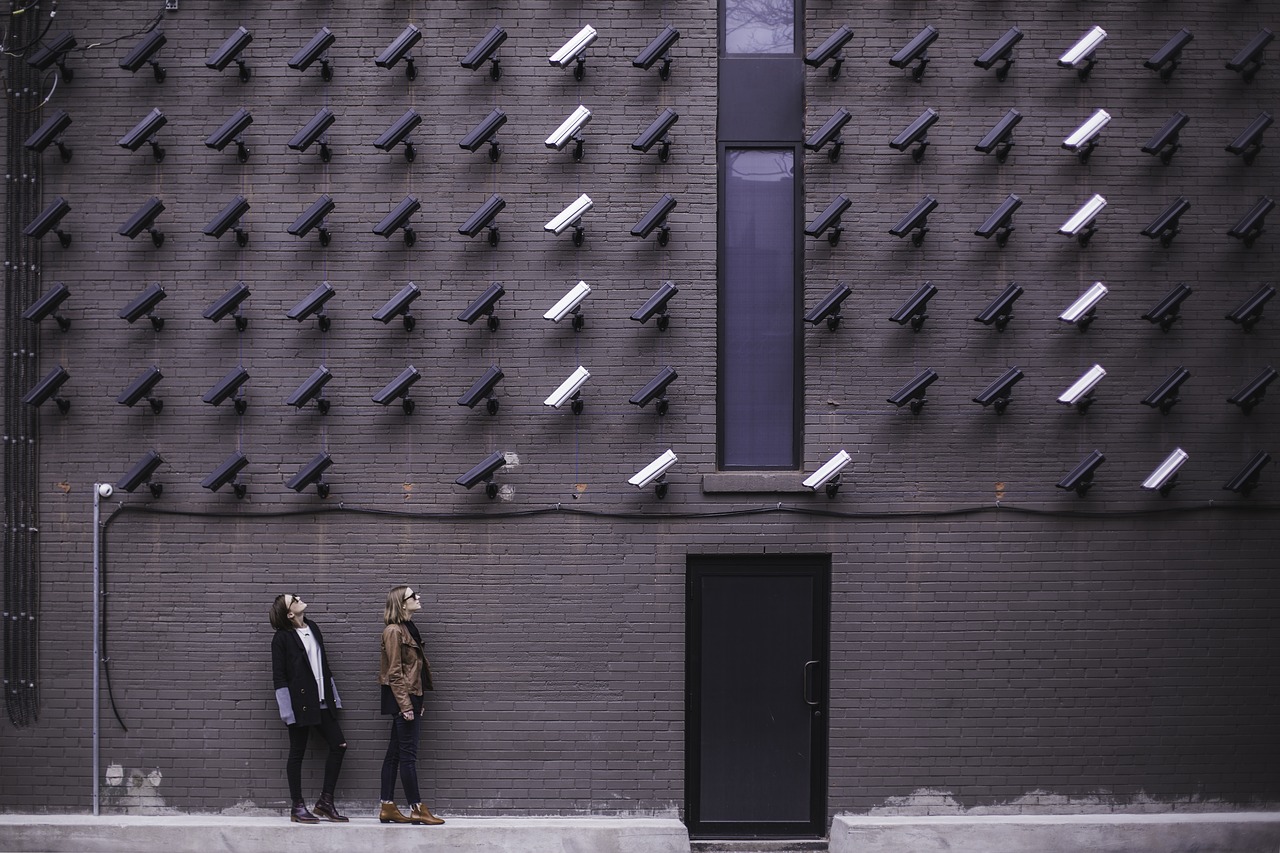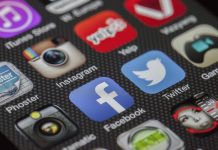
Privacy campaign group Big Brother Watch has raised concerns about police involvement in a facial recognition trial conducted at Sheffield's Meadowhall shopping center.
Big Brother Watch discovered that South Yorkshire Police shared three photos of serious offenders and one of a vulnerable missing person with Meadowhall owner British Land during a 2018 test of facial recognition technology at the site.
Similar controversies surrounding police partnership with companies on facial recognition systems have also been reported in Manchester and London.
British Land argued that the 2018 trial only lasted four weeks and that it had "no plans" to use facial recognition at its sites. The firm assured that all personal data gathered during the trial was "immediately deleted".
The South Yorkshire Police admitted in August 2019 that it had "supported" the scheme to understand "opportunities associated with this technology," but did not provide further detail at the time.
In response to the discovery, Tony Porter, the Surveillance Camera Commissioner (SCC) for England and Wales, has called for government inspections into police use of facial recognition technology.
Porter said: "I think if the public are going to be reassured, there does need to be a very clear oversight mechanism. And I would say that at the moment isn't obvious. I think the next step is for the government to address that gap in each and every circumstance that is required."
During the Meadowhall live facial recognition trial between January and March 2018, British Land admitted that it did not put up signs warning customers that facial recognition was being used.
Big Brother Watch's director Silkie Carlo pointed out that such partnerships are difficult to monitor. He said: "That means that this is even less accountable to the public and difficult to find details of.
"We're now at a stage where we think millions of people in this country could have been scanned by facial recognition, many of whom don't even know about it," Carlo added.






